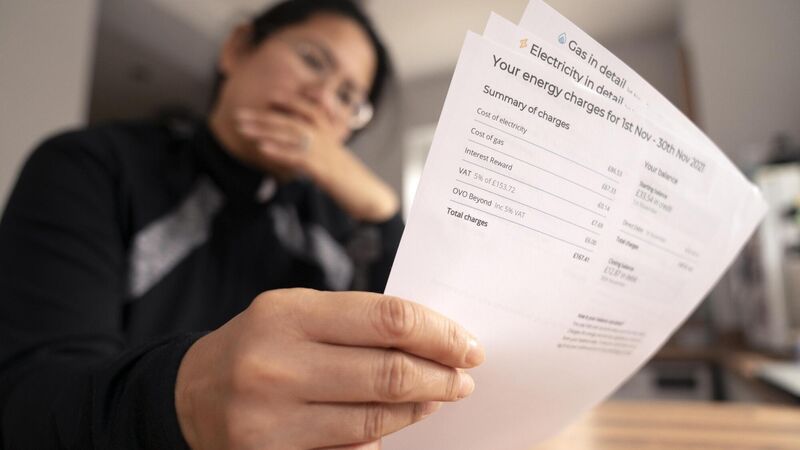Q&A: What does the Government's cost of living package mean for me?

The Government has rolled out a package of measures aimed at easing the financial pressures on people faced with ever-increasing bills including groceries, fuel, rent, and utilities. Stock picture













